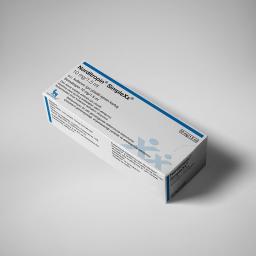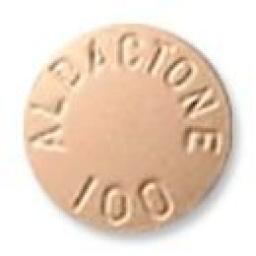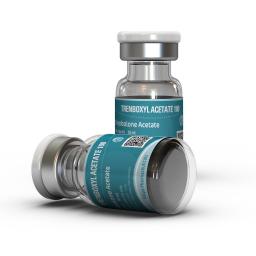Choosing which type of egg to buy used to be simple – there was only one choice. Walk into a supermarket today however and you’ll find rows and rows – everything from free range to vegetarian. So much choice can be confusing so here’s some information to make it easier.
Nutritional value
Eggs are a nutritional powerhouse, supplying high quality protein, 18 different vitamins and minerals, including selenium (an antioxidant), iron and zinc (for the immune system). They are also a source of two valuable antioxidants that may prevent loss of eyesight with age: lutein and zeaxanthin.
Eggs also offer vitamins A and D and a range of B vitamins. Worth mentioning is vitamin B12, which is hard to obtain on vegetarian diets, and folate, a B vitamin which can help minimise birth defects. There’s also choline, a substance related to the B vitamins that is important for our brain and liver metabolism.
Two medium eggs provide around 13 g of protein, 10 g of fat (only 3 g of which are saturated), 710 kilojoules and 375 mg cholesterol. They have almost no carbohydrate or fibre.
Eggs, cholesterol and fat
Unfortunately the good name of the egg has been marred since the 1970s when they gained a reputation as a cholesterol nightmare. These days we know that saturated fat rather than cholesterol is the problem when it comes to heart disease.
Only a proportion of the population (15 to 25 per cent) need to stay away from eggs, as well as any cholesterol rich food including prawns and liver. These people, known as hyper-responders, tend to ‘over react’ to cholesterol in their diet, putting them at a greater risk of heart disease than the rest of us.
You may be surprised to learn that eggs have recently gained the Heart Foundation tick of approval. This is because saturated fat is just a small part of their total fat content. Plus older analyses set the cholesterol content of an egg at a high of 250 milligrams, when the recommended maximum is 300 milligrams a day. More recent figures reveal eggs’ cholesterol to be much lower – around 190 milligrams per egg – making them less of a worry.
Research also shows that eggs have a smaller impact on blood cholesterol levels than previously thought. Eggs actually have mostly healthy mono and polyunsaturated fats with just a small amount of cholesterol raising saturated fats – so long as you don’t fry them in butter or drown them in cream.
How many eggs?
Healthy adults with normal cholesterol levels can enjoy a couple of eggs a day as part of a healthy diet.
If you do have high cholesterol, keeping saturated fat low, avoiding very high cholesterol foods and limiting eggs to two or three a week is best. All the cholesterol is concentrated in the yolk. The white has none.
Definitions
Caged eggs
Come from hens that are continuously housed in cages within a large shed. Each cage houses 3-5 hens that have access to food troughs and water drinkers, and have just enough space to stand up and turn.
Barn laid
Come from hens kept in a large barn or shed where they can move around, spread their wings, bathe in dust and scratch for food.
Free-range
Come from hens that are housed overnight in sheds, similar to those of barn-housed hens, but have access to the outdoors during the day.
Vegetarian eggs
Come from hens fed grain and legume-based feed only. No feed derived from meat or fish products is used.
Omega-3 eggs
Come from hens fed canola, flaxseed and fish meal. These eggs have a higher proportion of omega-3 fats – important for a healthy heart, eyes and brain – than normal eggs.
Organic eggs
To be classified organic, hens must be free range as well as being fed a diet with at least 95 per cent organically grown grain. There are no pesticides, herbicides or synthetic fertilisers used in the paddocks where the hens are kept or in the production of the hens’ feed. To be certain you’re getting organic, look for a certification logo from one of the organic organisations (e.g. Demeter, Biodynamic).
Lutein-enriched eggs
Come from hens fed marigold petals which boosts the level of the natural antioxidants lutein and zeaxanthin. These two antioxidants are needed by the macula of the eye, a tiny part at the back of the eye that absorbs and neutralises damaging light rays. A high intake of lutein and zeaxanthin has been linked to lower risk of macular degeneration, the leading cause of blindness in older people.
Which one is best?
Your choice of egg will depend on your own health, finances and beliefs. Regardless of the eggs you choose, they all offer similar amounts of protein, total fat and cholesterol.
Top Steroid Products Online
Norditropin SimpleXx
|
Generic Aldactone 100 mg
|
Trenboxyl Acetate 100
|


